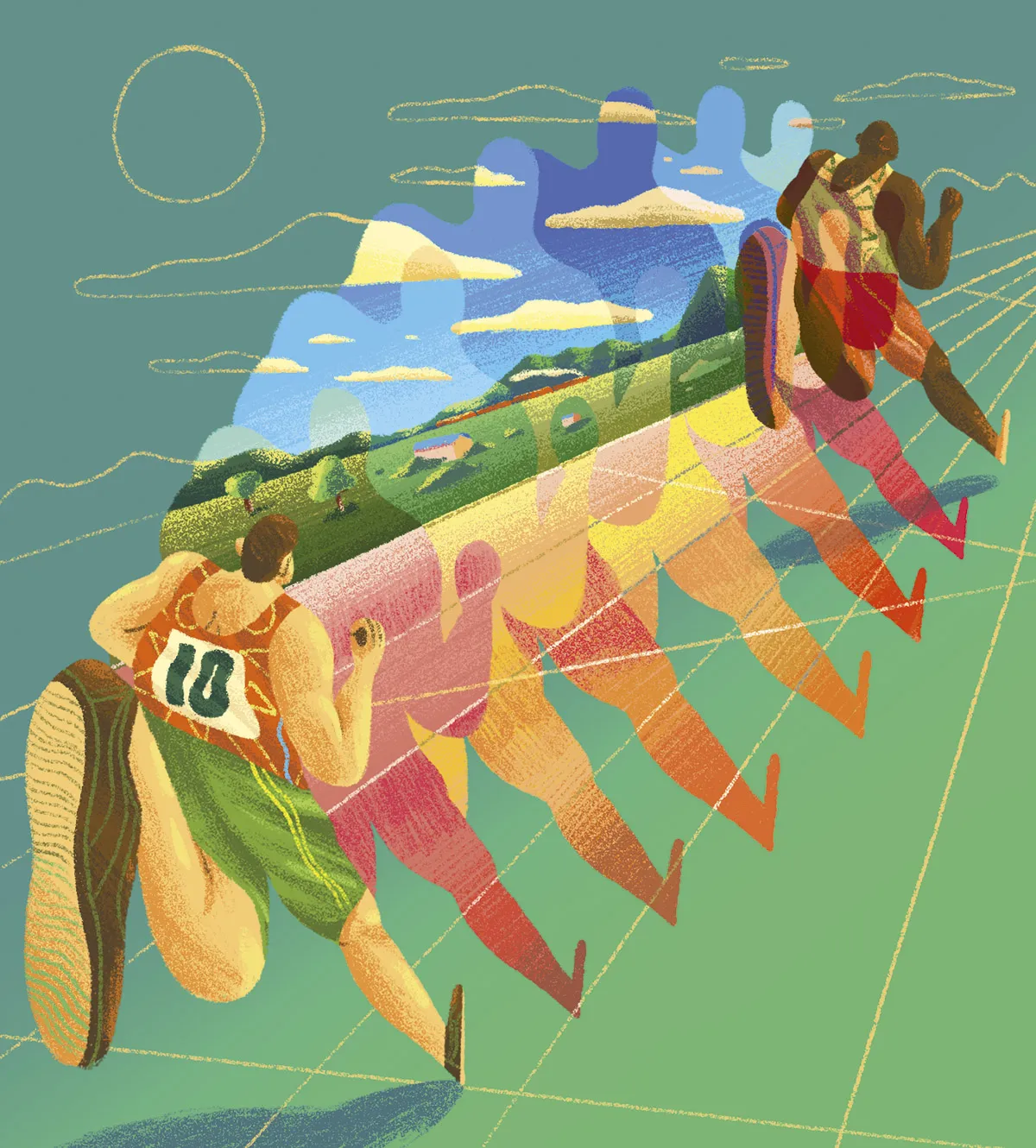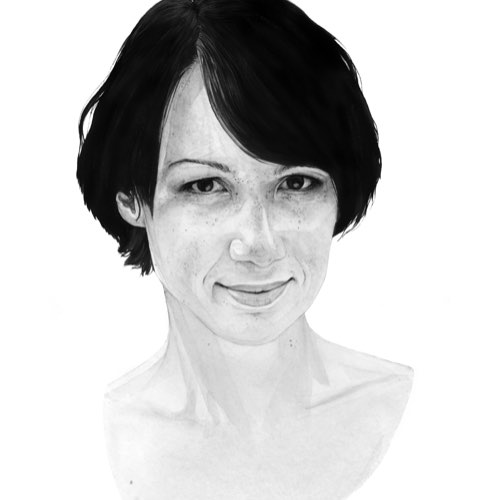On an overcast day in May I make a right turn on Olympic Parkway in Chula Vista, California. The mountains on my left create a natural boundary between the United States and Mexico; the division that the politicians talk about is rendered meaningless by the land that continues irresolutely over these hills. I turn right onto Gold Medal Way and see my destination.
Today’s journey to the Elite Athletic Training Center began in London, during the 2012 Paralympic Games. That event was remarkable for many reasons, including the greatest surge of interest by the general public in this decades-old competition, traditionally overshadowed by its able-bodied kin.
It was a game-changer in representation on national television and a social shift in attitudes towards disabled people on the streets of Britain. I was riveted.
I am legally blind, completely dependent on my glasses to see clearly, but I can still see blobs of colour and would know to jump over a barrel if it was in my way. Down on the track of that stadium, and here before me now, are people who can see nothing but darkness, and who sprint faster and jump further than I can dream, with their guides tethered to their sides.
One guide in particular brings me to the Elite Athletic Training Center today, in order to work on a documentary. The guide’s name is Wesley Williams, and he’s agreed to talk to me. Wesley had his own remarkable track and field career, which stopped short of Team USA. Ageing out as an able-bodied athlete comes early, and that could have been the end of his life in athletics.
But then a friend came back from being a guide runner in the Paralympics in Athens in 2004 with stories of glory. Williams signed up to be a guide and spent his first season supporting countless visually impaired athletes over the finish line, over the bar, and into the sand pit. Wesley says he’s never been so fit in his life.

For the past 14 years, he has been long jumper Lex Gillette’s eyes, guiding him to multiple medals and a couple of world championship titles. On competition day, Wesley’s job is to locate himself at the end of the runway and do what he can – scream, clap, holler – so Lex can triangulate his position on the track. Then, Lex aims at pace in the direction – the world record is 6.7 metres (22 feet).
In 2012, Wesley collected his first Paralympic medal. It wasn’t the first time he’d led Lex to the podium, but London was the first Games that rewarded the work of the guide as well as the athlete. Wesley is at the track with Lex five days per week, from 10am to 3pm, training, lifting, sprinting.
After hours, they make music together, they laugh at the same jokes. It’s more than a working relationship. They both talk a lot about trust.
And in 2021, with gold medal dreams vacillating along with pandemic responses, the pair stay focused on their goal: to be able to reflect, in 30 years’ time sitting on a porch somewhere in the California sunshine, that what they did now meant more than any medal achievement. They made a blind man see, and leap farther than anyone ever imagined.
- This article first appeared in issue 365 ofBBC Science Focus Magazine–find out how to subscribe here
Read more from Aleks Krotoski:
